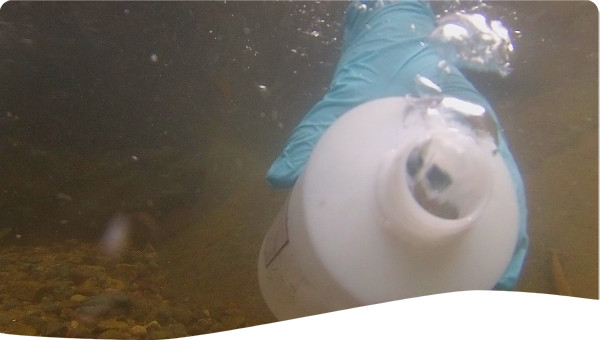Chapter of the book "Water for a Changing World - Developing Local Knowledge and Capacity".
Knowledge and capacity are intricately related, and are essential for development. Knowledge can be either explicit or tacit, with the latter referring the contextual knowledge and the knowledge that cannot be easily captured in symbols and language. Each type of knowledge has its own most effective modes of transfer. Knowledge is also thought of as capacity-to-act, hence, possesses a dynamic quality. Knowledge and capacity development (KCD) is necessary to inform decisions on water sector management and translate these decisions into action on the ground. Capacity is required at the levels of the individuals (human resources), organizations and the enabling environment. Governments and other stakeholders need to devise strategies for KCD, based on the recognition that capacity is complex. They can draw from KCD tools, notably education and training, and technical advice, on how to best institute procedures and incentives to build capacity, as reflected in competences for technical skills, for management, for governance and for continual learning. KCD is an essential part of, and shapes, institutional development and change.
 Resource -
Resource -
